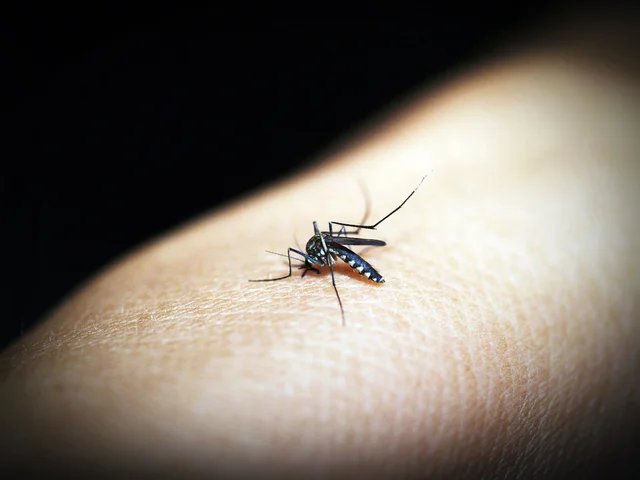What Is Malaria? How can we treat it?
With over 200 million reported cases in 2019, malaria is a major global health problem. Plasmodium parasites transmit the disease to humans by the bites of Anopheles mosquitoes. If left untreated, most malaria cases can prove fatal. The symptoms include Anemia , fever, fatigue, nausea, vomiting, sweating and chills.

Malaria: Common Causes
Moth bites are the most prevalent cause of malaria. Plasmodium parasite is transmitted by mosquito bites. The World Health Organization (WHO), reports that malaria can be transmitted through blood contact or the transfer of infected organs through transplantation.
Malaria Treatments
Antimalarial Medications are the main treatment for malaria. Antimalarial drugs are used to eradicate parasites and treat symptoms. WHO suggests that artemisinin-based combination therapy (ACTs), be used as your first line of defense against the disease. Depending on severity, additional treatments like quinine or chloroquine might be recommended.
Sometimes, fluids or electrolytes are required to help prevent problems. Insecticide-treated mosquito nets can be used to prevent the spread of malaria. Indoor residual spraying and bed nets that are insecticide treated may also reduce its spread.
Malaria Experts' and Professional Opinions
Experts agree that it is possible to prevent malaria by using insecticides and educating the public about the disease. Clinical trials also showed that ACTs could dramatically lower the rate of malaria-related deaths in children.
Recent research published in The Lancet found that many current measures, such as indoor residual spraying and insecticide-treated nets have had success in decreasing the incidence of malaria in several countries. Researchers concluded that although malaria remains a serious public health problem, it can be managed effectively and eradicated with the proper tools and strategies.
Malaria Tips and Natural Remedies
There is currently no cure for malaria. However, natural methods and tips can reduce your risk and help you to avoid getting it. Avoiding mosquito bites and sleeping in insecticide-treated nets are some of the best ways to protect yourself outdoors.
Some herbal remedies might also be helpful in treating malaria. Some studies show that ginger, garlic and ginkgo can reduce the symptoms of malaria. These remedies shouldn't be considered a substitute for conventional treatments.
It is crucial to drink plenty of water and rest when recovering from malaria. Supplements such as zinc and vitamin C may also help to improve immunity, and decrease the chance of complications.
Conclusion
With more than 200 million reported cases of malaria in 2019, it is an important global health problem. Plasmodium parasite is responsible for the spread of malaria to humans via the bites of Anopheles mosquitoes. Antimalarial drugs and supportive care are the most common treatments. Preventive measures include indoor residual spraying and insecticide-treated beds nets. There are also natural ways to reduce your risk and manage symptoms.
If left untreated, malaria could be life-threatening. To reduce your risk of getting the disease, it is essential to implement preventative measures and to seek treatment if symptoms or signs appear. Malaria can be managed successfully and eradicated with the proper strategies and tools.